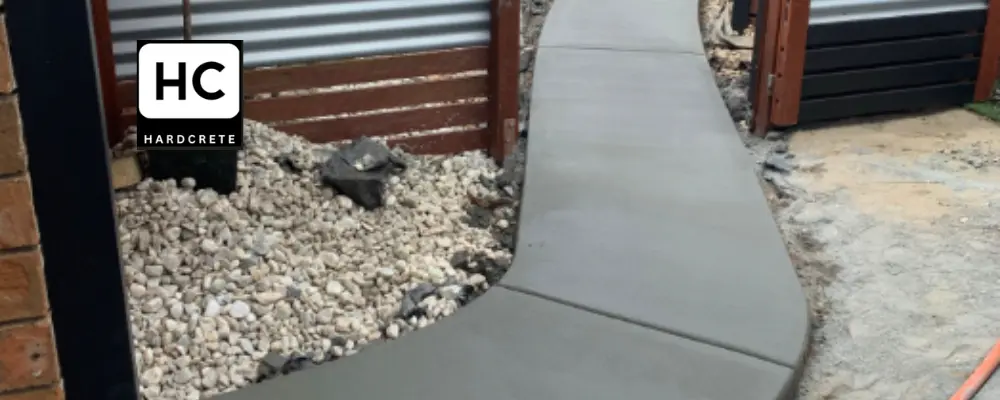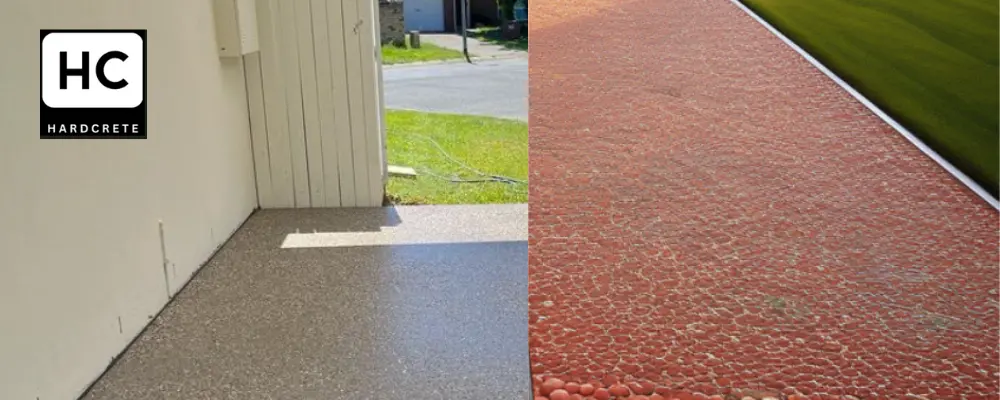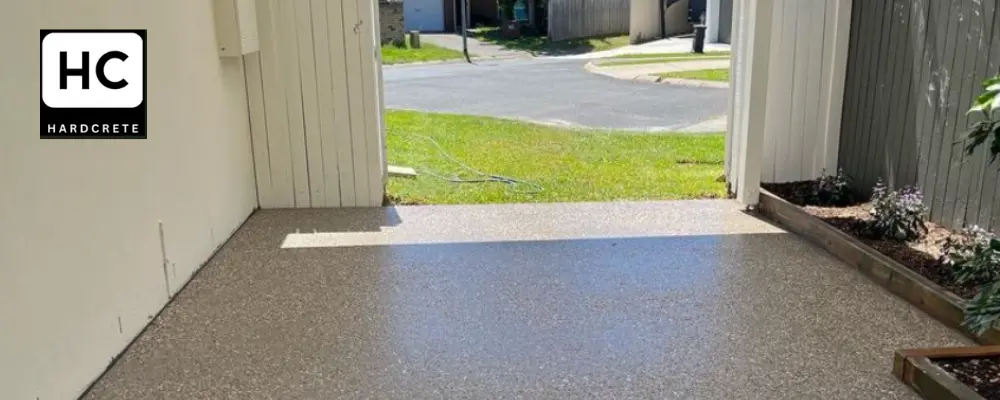Understanding Different Types of Concrete Plants
Different components work together in a batch plant to provide the highest quality concrete. Types of mixers, such as the stationary and compact concrete plants, play a crucial role in the production process. The cement silos store the raw materials, while the screw conveyor transfers them to the concrete mixer truck for distribution. Quality products are essential for long-term use, making dry batching plants an ideal choice. In North America, high-quality concrete batch plants ensure a continuous supply of concrete for construction projects.
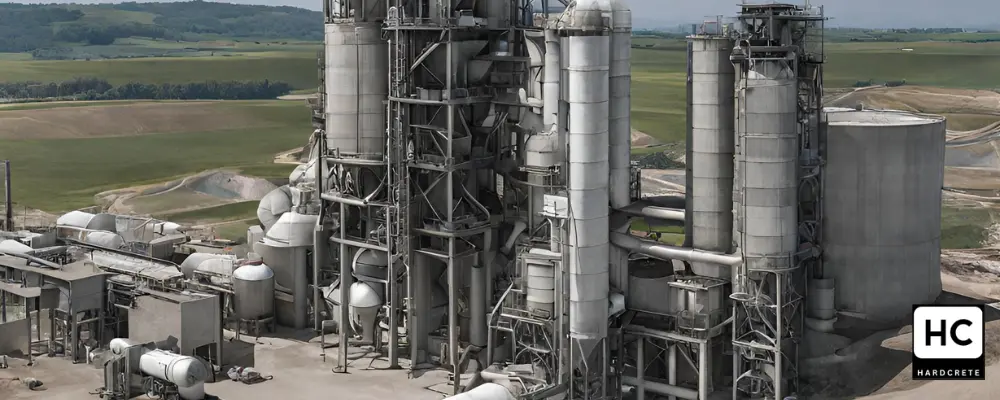
Exploring Dry Mix Concrete Plants
Dry mix concrete plants are designed for batching, mixing, and producing ready mixed concrete without using water in the process. This characteristic makes them well-suited for construction projects in cold weather conditions. Known for their high efficiency and low energy consumption, dry batching plants are ideal for projects where the highest quality concrete production is essential. Additionally, these plants often integrate dust collectors to minimize environmental impact, offering quality products for construction needs.
Delving into Wet Mix Concrete Plants
Wet mix concrete plants utilize a central mixer to create top-notch concrete. The addition of water to the mix of various components results in the production of ready-mix concrete. Their high production capacity makes them perfect for large construction projects, offering efficiency and minimal maintenance. These plants are capable of delivering high-quality concrete, meeting the demands of major projects with precision.
Stationary Concrete Plant – A Robust Choice
When it comes to long-term concrete production at a single location, stationary concrete plants are the ideal choice. These plants are synonymous with high quality, efficiency, and reliability, offering a wide range of sizes and production capacities suitable for various construction projects. Their robust construction ensures consistent, high-quality concrete production, making them perfect for high-capacity concrete production in construction projects. With a focus on high-quality products, these plants play a crucial role in ensuring the availability of top-notch concrete for construction needs.
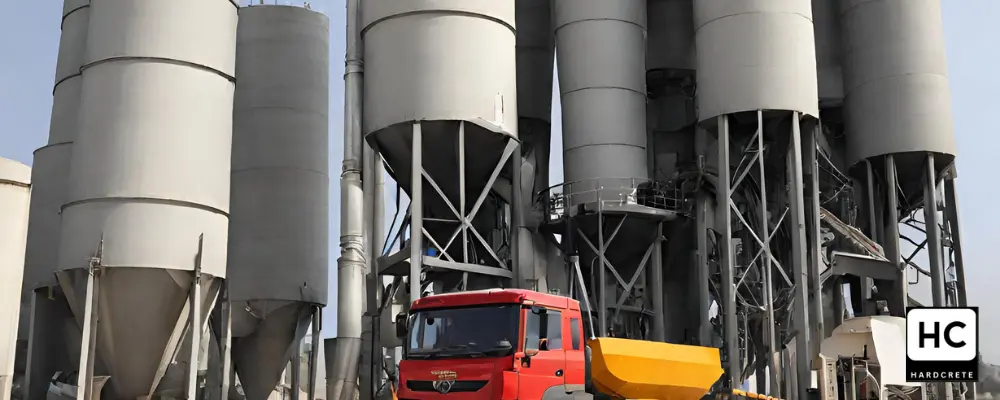
Applications of Concrete Batching Plants
From ready mix production to precast applications, concrete batching plants play a vital role. The use of different components like cement silos and screw conveyors ensures the highest quality concrete batch. These plants cater to various needs, providing high-quality products in North America and beyond. Their versatility allows for long-term use in diverse construction projects, making them indispensable in the industry.
Concrete batching plants play a crucial role in ready mix production, ensuring the supply of highest quality concrete. They efficiently batch, mix, and deliver concrete, meeting the demands of construction projects and ensuring consistency and quality. This process contributes to the timely and efficient completion of construction projects. The role of concrete batching plants in ready mix production is essential for construction efficiency, with different components like cement silos, screw conveyors, and concrete mixer trucks ensuring the production of high-quality concrete batch after batch.
Eco-friendly Aspects of Concrete Batching Plants
Concrete batching plants offer eco-friendly benefits such as addressing dust issues and controlling water pollution during operations. The use of compact and stationary concrete batching plants contributes to environmentally sustainable practices over an extended period. These plants also ensure the production of high-quality concrete with minimal impact on the environment, making them an ideal choice for construction projects in North America. By incorporating different components such as cement silos and screw conveyors, concrete batch plants are designed to produce the highest quality concrete while maintaining environmental responsibility.
Implementing effective measures for water pollution control is imperative within concrete batching operations. Proper management of wash water, runoff, and stormwater plays a vital role in preventing water pollution. The utilization of settling basins, reclamation systems, and filtration can significantly contribute to controlling water pollution. Adhering to environmental regulations and best practices ensures responsible water management, fostering sustainable and environmentally friendly concrete production. These strategies align with the industry’s commitment to delivering the highest quality products while maintaining environmentally conscious practices.
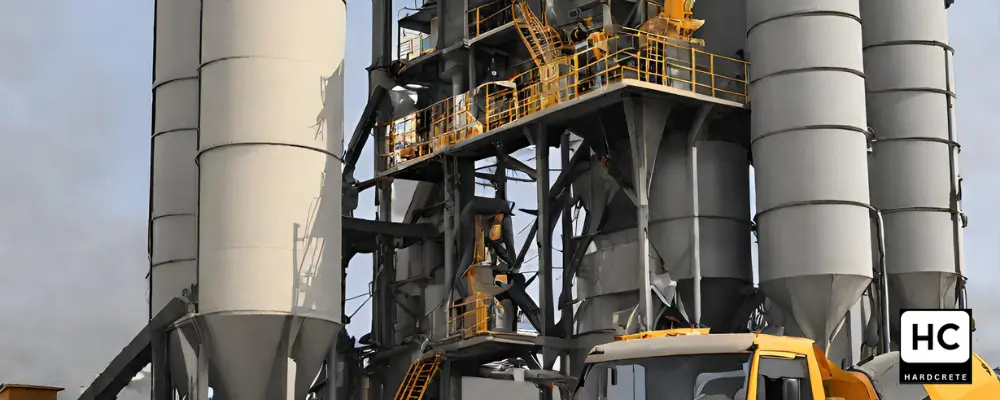
Compact Versus On-Site Concrete Batching Plants
Compact concrete plants and on-site batching solutions offer unique benefits for different construction scenarios. Compact concrete plants are ideal for small-scale projects, offering portability and easy setup. On the other hand, on-site concrete batching plants provide the advantage of producing concrete directly at the construction site, eliminating the need for transportation. Understanding the specific requirements of each project is crucial for choosing between the two options, ensuring the highest quality of concrete production.
On-site concrete batching plants offer cost efficiency by eliminating transportation expenses. They allow immediate response to project changes and ensure consistent concrete supply. Perfect for large-scale projects and remote construction sites, on-site batching plants streamline logistical challenges, ensuring steady concrete production on location.
Mobile Versus Stationary Concrete Batching Plants
When considering concrete plants, the choice between mobile and stationary concrete batching plants depends on the specific requirements of the project. Mobile plants offer flexibility and are ideal for projects requiring frequent relocations. On the other hand, stationary plants are suitable for long-term projects with a consistent demand for high-quality concrete. Understanding the differences in mobility, production capacity, and overall functionality is crucial in selecting the most appropriate batching plant for any construction project.
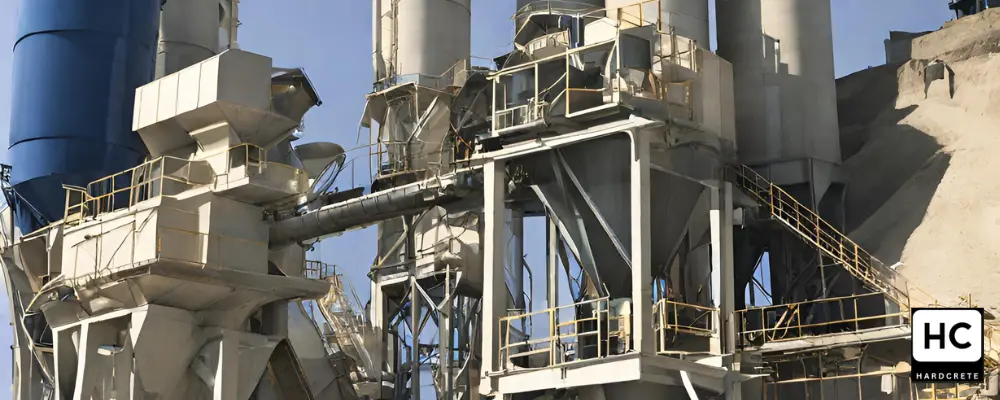
Special Solutions for Unique Construction Scenarios
Tailored solutions are crucial for complex projects, meeting specific requirements efficiently. Choosing the right concrete mixer is essential for optimal operations. Adaptable options ensure seamless integration of different components. Selecting batch plants, cement silos, and concrete mixer trucks is vital to ensure the highest quality concrete production. Specialized solutions address unique construction scenarios, providing long-term viability and sustainability. Quality products, including dry batching plants, compact concrete plants, and stationary concrete batching plants, offer reliable performance, especially in North America.
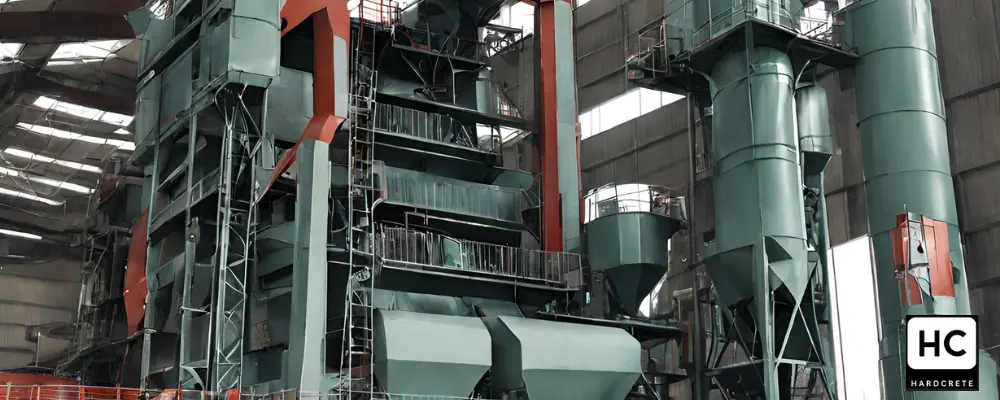
Frequently Asked Questions
Is it safe to live next to a concrete plant?
Living next to a concrete plant can potentially pose health risks due to dust, noise, and emissions. The risk level depends on the type of operation, location, and regulations in place. It is recommended to research the specific concrete plant and its safety measures before making a decision. Consult with local officials or experts if you have concerns about living near a concrete plant.
What is the difference between a concrete plant and a cement plant?
A concrete plant and a cement plant serve different purposes. While a cement plant produces cement, a concrete plant combines cement with water, aggregates, and additives to create concrete. Cement plants focus solely on producing cement without mixing it with other materials.
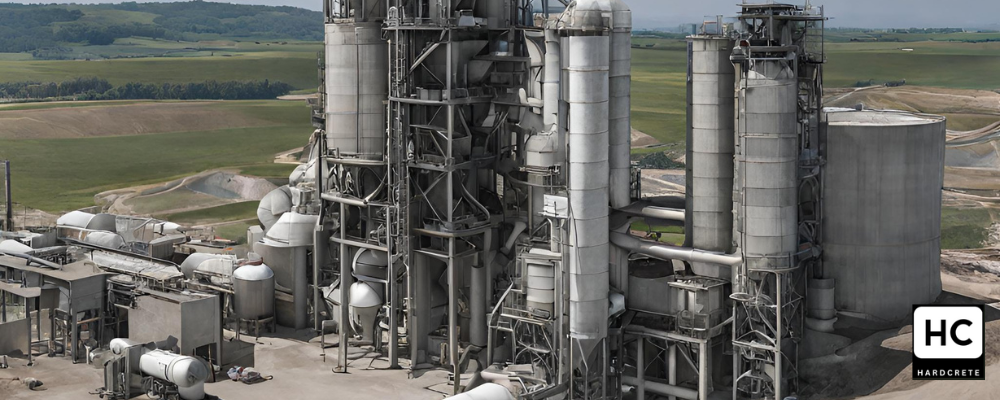
Conclusion
In conclusion, finding the perfect concrete plant for your construction needs requires a thorough understanding of the different types available and their applications. Whether you opt for a dry mix, wet mix, mobile, or stationary concrete plant, each choice offers unique benefits and advantages. Additionally, it is important to consider the eco-friendly aspects of concrete batching plants, such as addressing dust issues and water pollution control. Depending on your specific construction scenario, there are special solutions available, including tailored options for complex projects. Finally, when choosing the right concrete mixer for your operations, careful consideration must be given to ensure optimal efficiency and productivity.

